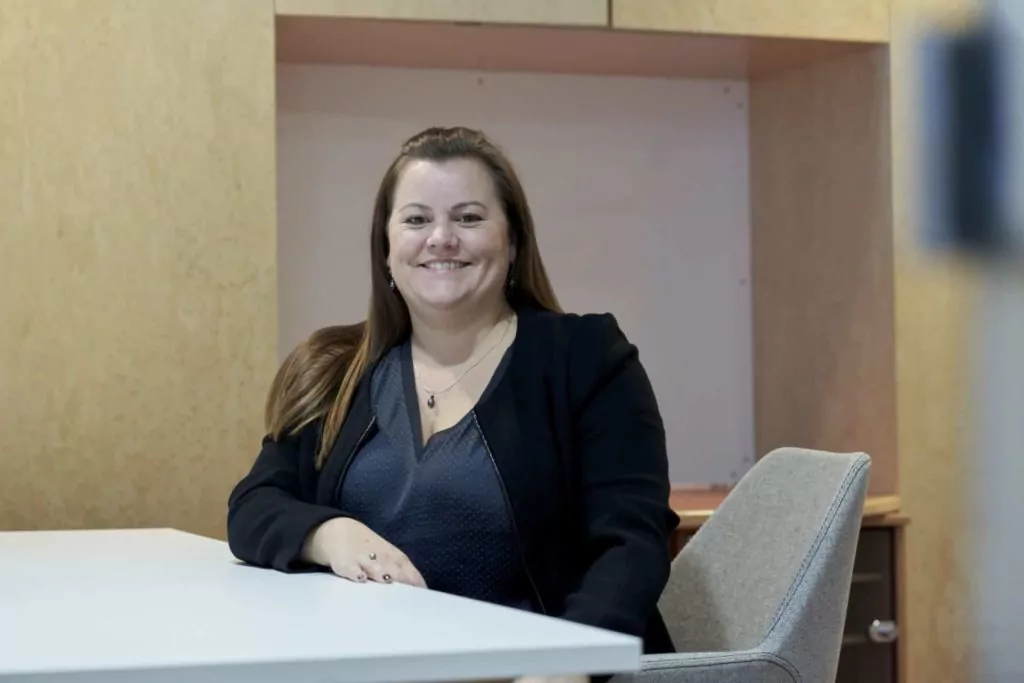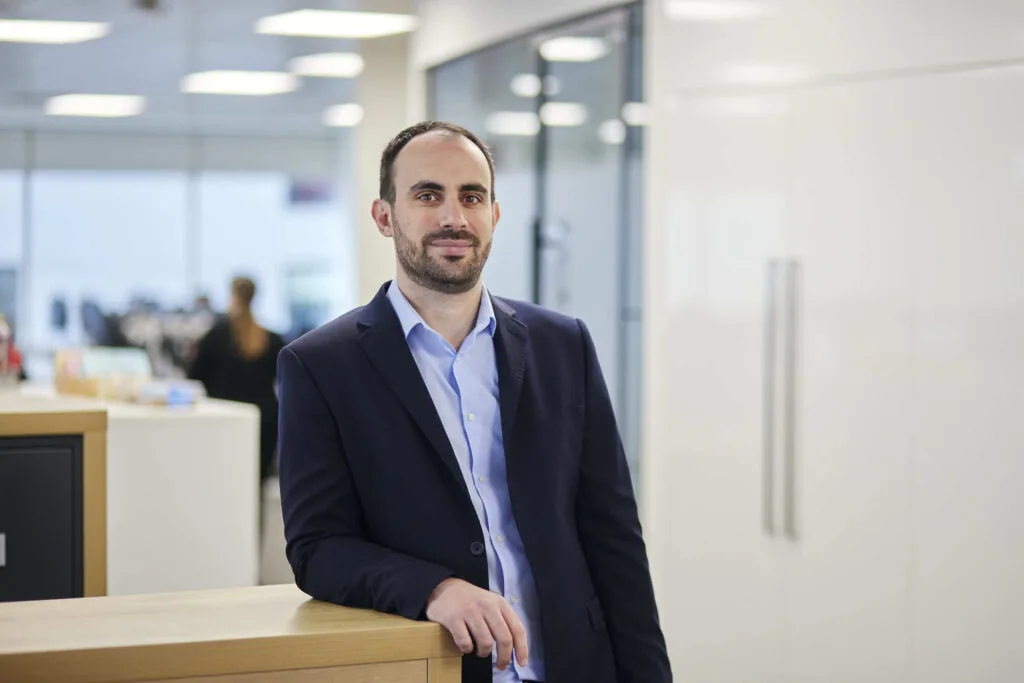

According to Legacy Foresight, legacy income is forecast to reach a record £4bn by the end of the year and grow to £4.4bn by 2027. It is certainly good news for charities that, despite the challenging and volatile economic environment in recent months, income predictions for the next few years are broadly stable. This is helpful when a charity is planning its future services and projects.
However, there are other economic pressures right now which are affecting charities' funding sources. This puts even more pressure on legacy income just to 'keep the lights on'. Research published by the Charities Aid Foundation stated that as more families face financial struggles with the increased costs of living, 86% of charity leaders anticipated that demand for services was likely to increase and 71% expressed concern over managing that increased demand.
But it's not just income
We are all looking after the pennies right now and charities are no different. So, just as important as forecasting income is looking to manage and predict costs too. During annual budget cycles, finance teams will ask for annual cost predictions such as salaries, subscriptions and marketing spend. But what happens if you can't predict those costs? What if they might be significant, for example when a charity must defend a contentious claim on an estate it benefits from?
Recognising when it is the right time to obtain legal advice is a crucial skill and responsibility for charity legacy managers. The Charity Commission will expect trustees to take special consideration as outlined in their guidance on their website - Charities and litigation. But it's not always possible to predict when a legacy matter might escalate or when a claim will be made.
Some charities take a view that legal expenditure for legacies can't be budgeted and spend what is needed. Some charities may set a budget at the start of a financial year with little room for flex. But, what if a difficult case hits at the start of the financial year and eats up all the budget, and then another one hits the desk?
The increasing value of estates could be a contributing factor to a growing appetite to want to bring claims. In 2021, attempts to block probate rose by 37% compared with 2019. Not all cases get to mediation let alone into a court room but regardless of the outcome, legal advice will still be required to reach a conclusion of the matter and to ensure good governance and decision making.
What should legacy professionals be thinking about?
- Analyse at least three years of legal spend and the types of claims to find an approximate average annual spend.
- Assume that similar types and numbers of issues will crop up each year or could even increase.
- Prepare expenditure reports and highlight potential 'red flag' cases during monthly reporting conversations with managers and finance business partners.
- Reforecast as soon as possible when notified of a challenging and complex matter which requires significant legal support.
- Make expenditure forecasting part of the annual budget cycle to normalise the legacy dispute process and set expectations that budget will always be required but is unpredictable.
- Build awareness that some costs might be refunded under a formal settlement or agreement, but in many cases the spend won't be refunded.
By adopting these approaches charities can ensure it has a 'no surprises' culture. This has the impact of building the trust and confidence in the legacy professionals dealing with these matters from executive teams and trustee boards.
Get in touch
Our Legacy team can advise you on a range of legacy matters and we can offer senior level charity expertise to support conversations with your executive teams and trustee boards in all areas of income and expenditure forecasting and future planning. Please get in touch with one of our team members below or find out more about how we can support you with your legacy administration and legacy strategy development.



















